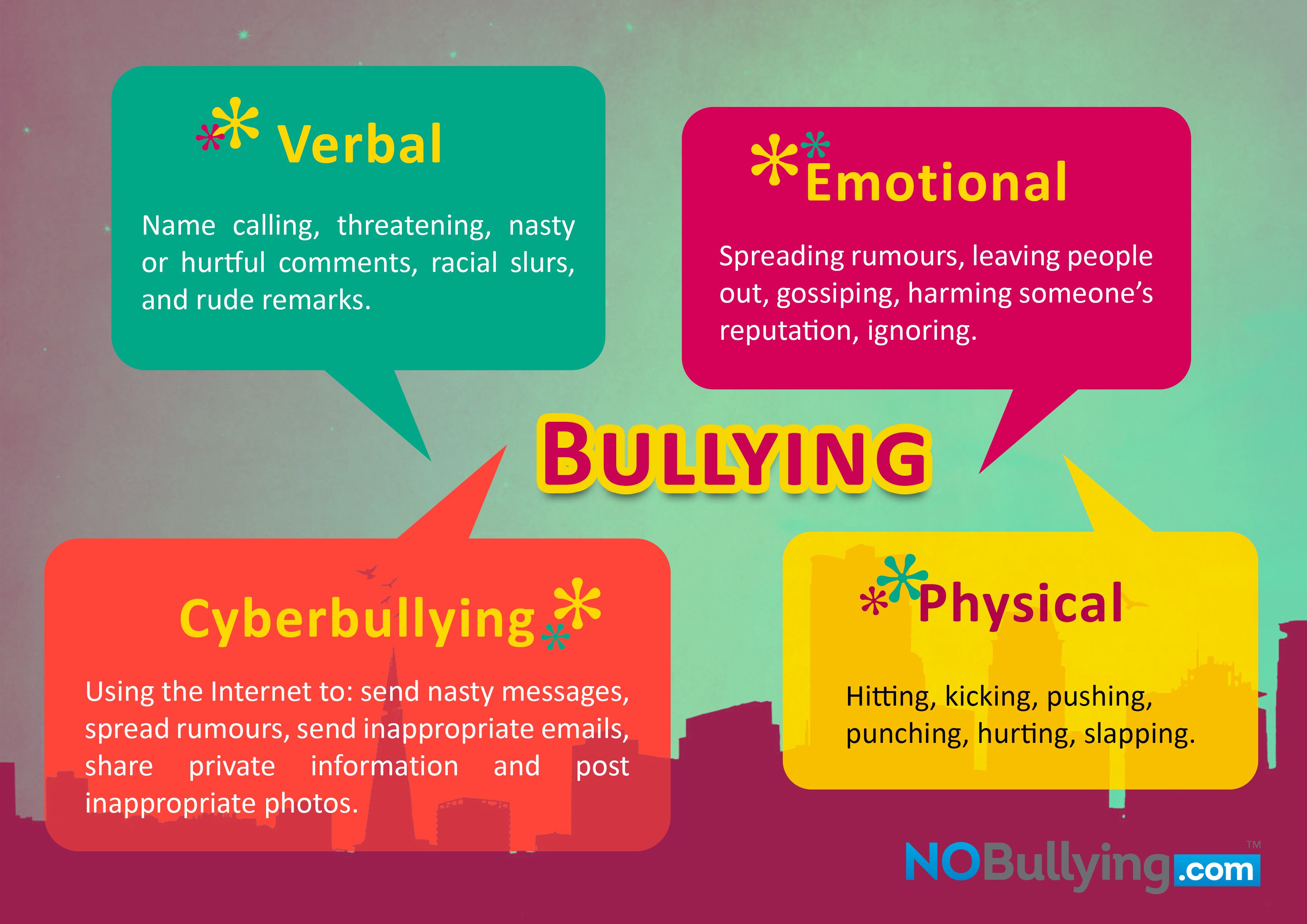In recent years we have witnessed the negative effects bullying has on our children. Victims of bullying can suffer physical or mental abuse, often experiencing anxiety, depression, or loss of appetite. They may also feel left out in school, becoming more withdrawn. To raise awareness during National Bullying Prevention Month, Child and Adolescent Family Therapist, Darby Fox, has a few useful tips to help parents stop their child from being bullied before it gets worse. Darby also shares the behaviors parents should look for if they suspect their child is a bully.
“If your child is bullied, it is something you want to resolve as quickly as possible,” says Darby Fox. “Children often won’t tell their parents they have been singled out and are having trouble with other children out of fear that the situation will worsen.”
Darby recommends the following tips to parents who suspect their child is a victim of bullying:
1. Most bullying starts in a school setting and it is best to speak to a teacher or coach for help. It also allows the school official to monitor the situation and see if the problem is an isolated incident or an ongoing issue.
2. Parents need to get a clear description of what is happening. “By having the child speak about the problem, it often helps them therapeutically,” says Darby. “It also provides the parent with the details needed to properly handle the situation.
3. Have the child tell their point of view of why the bullying is happening and have them identify the children involved. Once given the child’s perspective, ensure them that it isn’t their fault and that this type of behavior is not something to be tolerated.
4. Before stepping in, offer the child tips on how to address the issue on their own:
A. Have the child tell the bully to stop
B. Suggest that the child inform the bully that someone of authority will be told about the harassment
C. Recommend the child walk away when trouble starts and ignore the taunts by the bully
5. Take action with the school and enlist help of the teachers to put an end to the bullying.
6. If the bullying does not stop, go to the bully’s parents. “Bullying sets the stage for life long feelings of inadequacy and can lead to unhealthy behavior by adolescence,” says Darby. “It needs to be taken seriously.”
If parents are suspicious of their child bullying other kids, Darby recommends a swift, proactive approach. “If your child is the bully, a parent must be firm in handling the situation,” says Darby. “There must be a zero tolerance policy.”
Darby suggests parents look for these warning signs if they think their child is a bully:
1. The child is making negative comments about others constantly. “A parent gets the idea their child is a bully if they are the alpha child in a group and they are frequently putting other children down,” says Darby. ” You need to take this as a sign they are bullying others.”
2. The child only allows certain kids in his/her play group.
3. The child is dismissive and intolerant of new students or children perceived as “uncool”. “This is a sign they are isolating others and most likely participating in a form of bullying,” says Darby.
About Darby Fox
Darby Fox, Child & Adolescent Family Therapist, has over 20 years of experience providing individual and group therapy in both non-profit and private settings. Darby takes a unique approach to counseling and looks beyond the presenting problem to make a real connection with the children and families. Through a variety of techniques, Darby helps children and families express what is troubling them when they haven’t mastered the language or awareness to express their thoughts and feelings verbally. She incorporates the family as a whole into the therapy to establish a framework to teach on-going problem solving skills and provides a corrective emotional experience that is necessary for healing.

0 Comments
2 Pingbacks